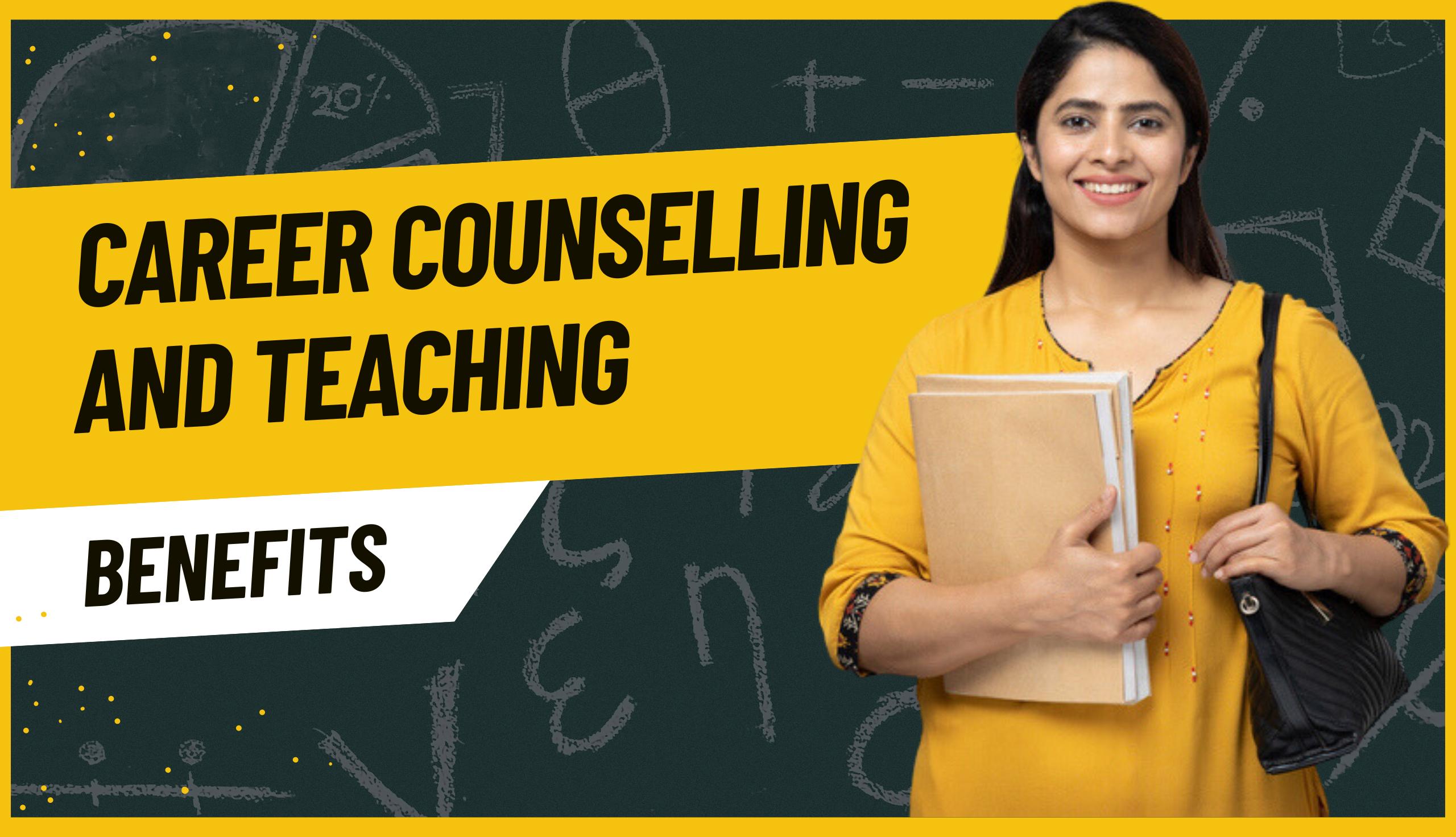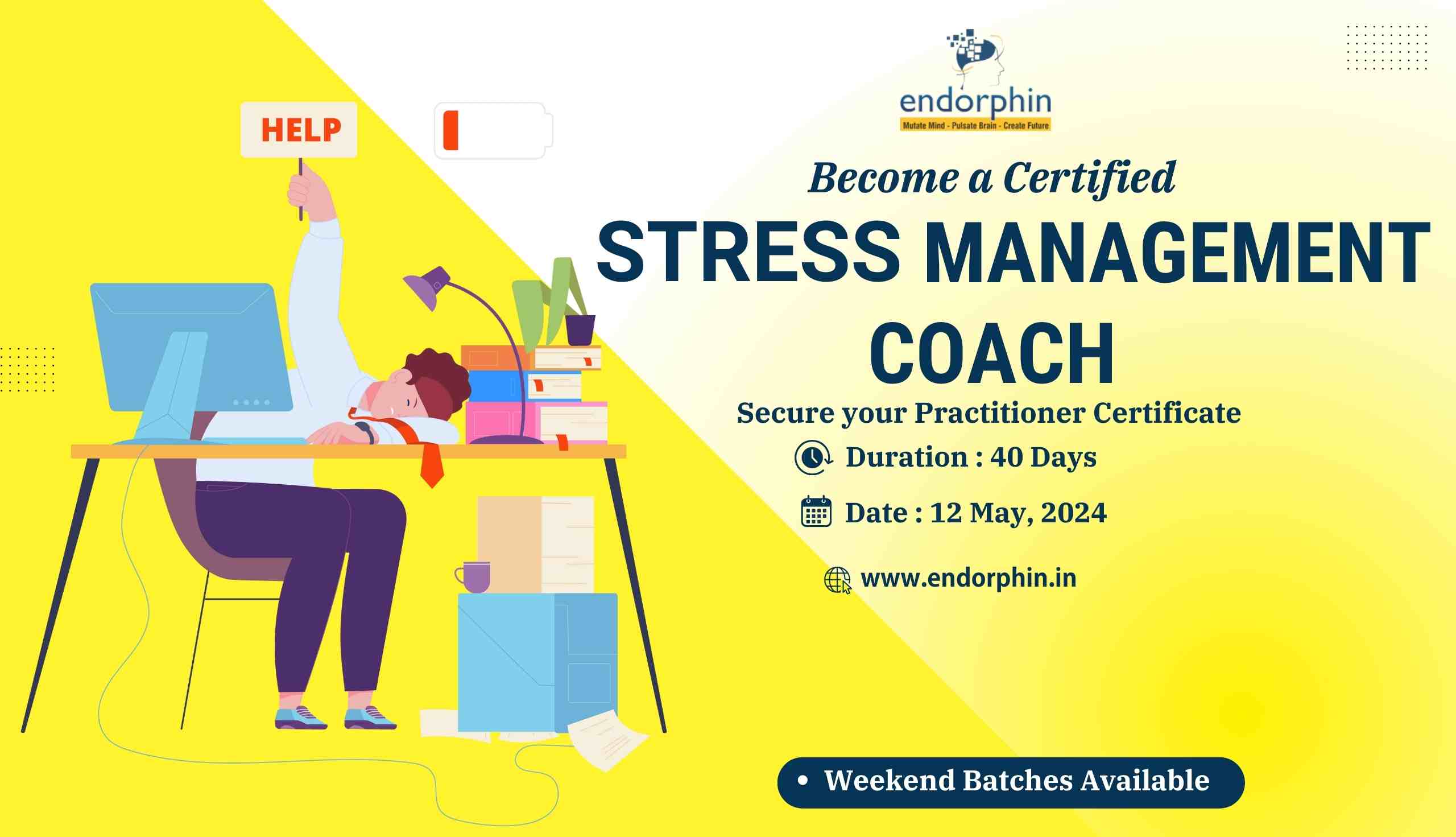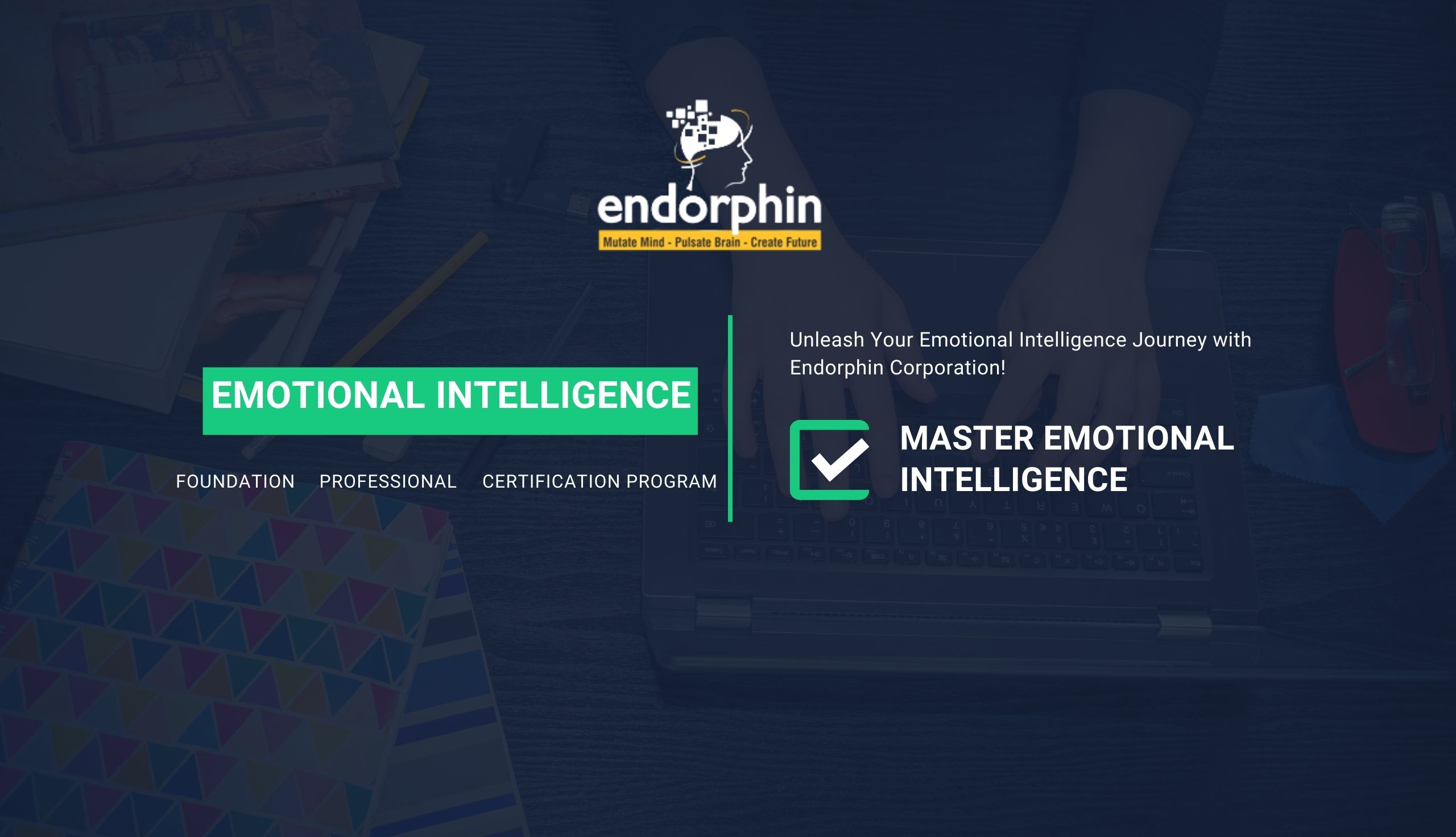Empowering Futures: How Career Counselling and Teaching Join Forces for Student Success?

Career counselling and teaching complement each other in several ways, creating a powerful combination that enhances the overall educational experience and empowers individuals to make informed career decisions. Here are some ways in which career counselling and teaching can go hand in hand:
Early Career Exploration: Teachers can introduce students to various career options and industries as part of their classroom discussions. By highlighting real-world applications of the subjects they teach, teachers can spark students’ interests and curiosity about potential career paths. Career counsellors can then build upon these discussions by providing more personalized guidance and assessments to help students explore suitable career options based on their interests and strengths.
Identifying Strengths and Weaknesses: Teachers often spend significant time with their students, observing their performance, learning styles, and skill sets. This close interaction allows teachers to identify individual strengths and weaknesses. This information can be invaluable to career counsellors, who can use it to provide targeted career advice, matching students with career paths that align with their abilities and aspirations.
Guidance for Further Education: As students progress through their academic journey, teachers play a pivotal role in helping them excel academically. They can also provide insights into different educational pathways and fields of study. Career counsellors can then step in to provide more comprehensive guidance on the potential career opportunities that arise from pursuing specific academic disciplines.
Addressing Career-related Concerns: Teachers often become confidants for their students, and students may share their career-related concerns with them. Teachers can provide encouragement and direct students to career counsellors for more specialized support. This seamless referral process ensures that students receive the necessary guidance from both educators and career counsellors.
Enhancing Decision-Making Skills: Teaching emphasizes critical thinking and problem-solving skills, which are essential for making informed career decisions. Career counsellors can build upon these skills by offering structured decision-making techniques and assessments that enable individuals to evaluate various career options more effectively.
Professional Development: Throughout their careers, individuals may need to acquire new skills and adapt to changing job markets. Career counsellors can collaborate with teachers to identify emerging trends and skills required in specific industries. Teachers can then integrate relevant topics and activities into their lessons, preparing students for future challenges.
Post-Graduation Support: After graduation, students often face the challenging task of job hunting and transitioning into the workforce. Career counsellors can work closely with teaching institutions to provide post-graduation support, including resume building, interview preparation, and job search strategies, to ease this transition.
By integrating career counselling and teaching, educational institutions can create a holistic approach that fosters well-informed, confident, and skilled individuals who are better prepared to achieve their career goals and contribute meaningfully to society. Both career counselling and teaching play vital roles in guiding individuals on their educational and professional journeys, making them an excellent match that can positively impact lives.





